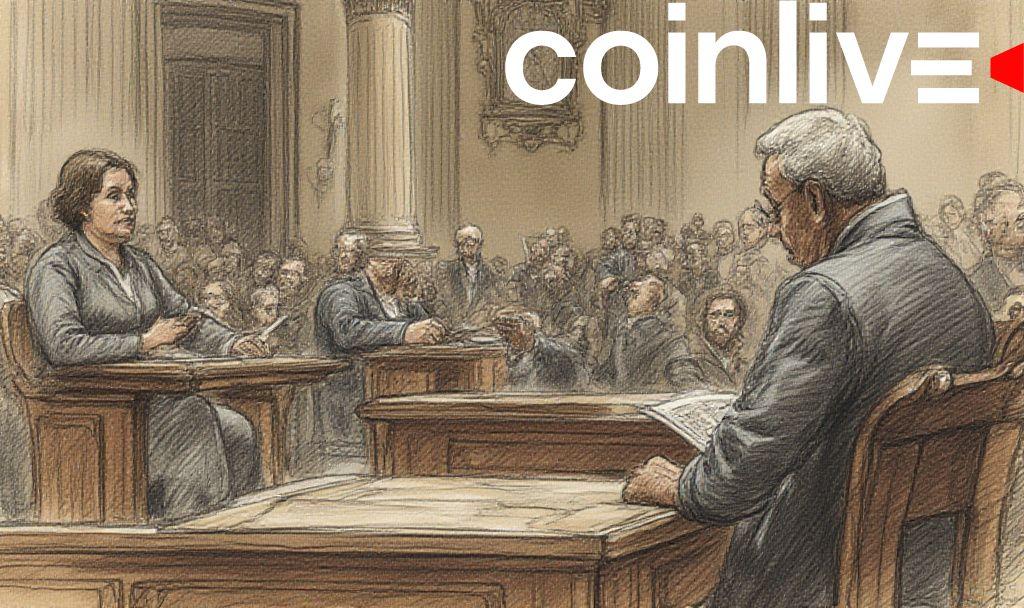- The GENIUS Act advances in the U.S. Senate.
- David Sacks expects bill passage.
- Could increase U.S. Treasury demand significantly.

Main Content
David Sacks announced optimism about the GENIUS Act, a stablecoin bill advancing in the Senate on May 21, 2025. Backed by bipartisan support, it could reshape the U.S. economic landscape.
The GENIUS Act’s advancement signals potential transformational changes for U.S. finance, with expected significant impacts on the regulatory framework and economic dynamics.
The GENIUS Act represents a substantial legislative effort to regulate stablecoins. Gaining traction in the Senate, it underscores the growing importance of a regulated digital asset market. Its bipartisan backing highlights a unified political interest.
David Sacks, holding a pivotal role as President Trump’s advisor on crypto, anticipates “trillions of dollars of demand for Treasuries practically overnight, very quickly.” His comments emphasize the economic potential that regulated stablecoins could bring to the U.S. economy if clarified.
The Senate’s progress reflects immediate attention to market dynamics. Stablecoins worth over $200 billion could soon be regulated, providing legal clarity and fostering financial inclusion. This movement might notably benefit stakeholders like World Liberty Financial.
The GENIUS Act’s economic impact extends beyond financial markets to societal shifts. With bipartisan support, it hints at an inclusive approach to digital market regulation. However, controversies around political affiliations and conflicts of interest remain pertinent.
With U.S. dollar-pegged digital assets getting legislative focus, the GENIUS Act stands poised to set financial and regulatory precedents. Drawing on data from the Treasury International Capital (TIC) Data Chart, it could engender a more efficient payment system, aligning with global trends in digital finance.








